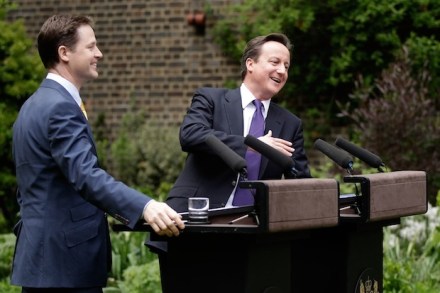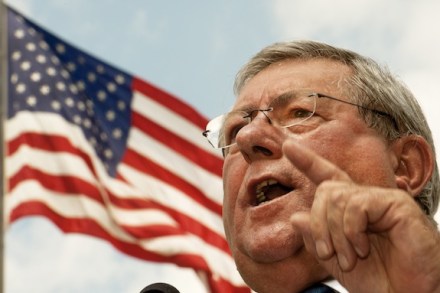2010 intake of Tory MPs write to Adam Afriyie telling him to drop his amendment
More than 140 of the 147 Tory MPs elected in 2010 have written to Adam Afriyie telling him to drop his amendment to the EU referendum bill. Given that Afriyie has previously suggested he’ll drop his attempt to bring the referendum forward to 2014 there is no support for it, it now seems doomed. This loyalist flexing of political muscle by the 2010 Tory intake will cheer Downing Street. It shows that the parliamentary party does, for the moment at least, want to stay united on Europe. It also indicates that a certain discipline is returning to Tory ranks as the next election approaches. Even six months ago, an amendment





















